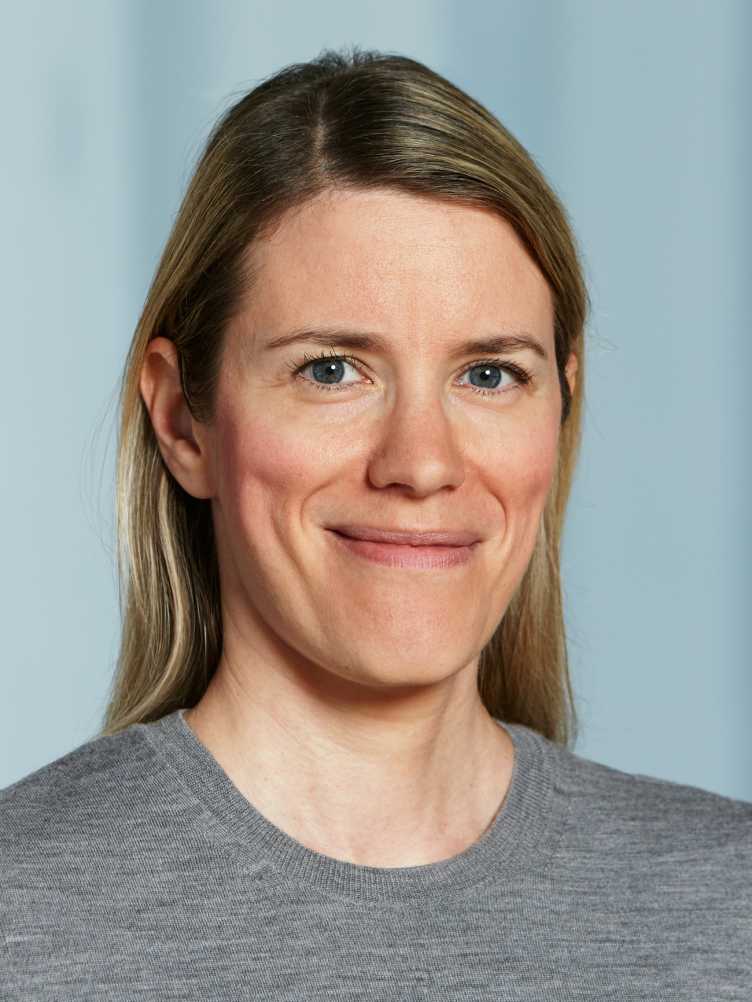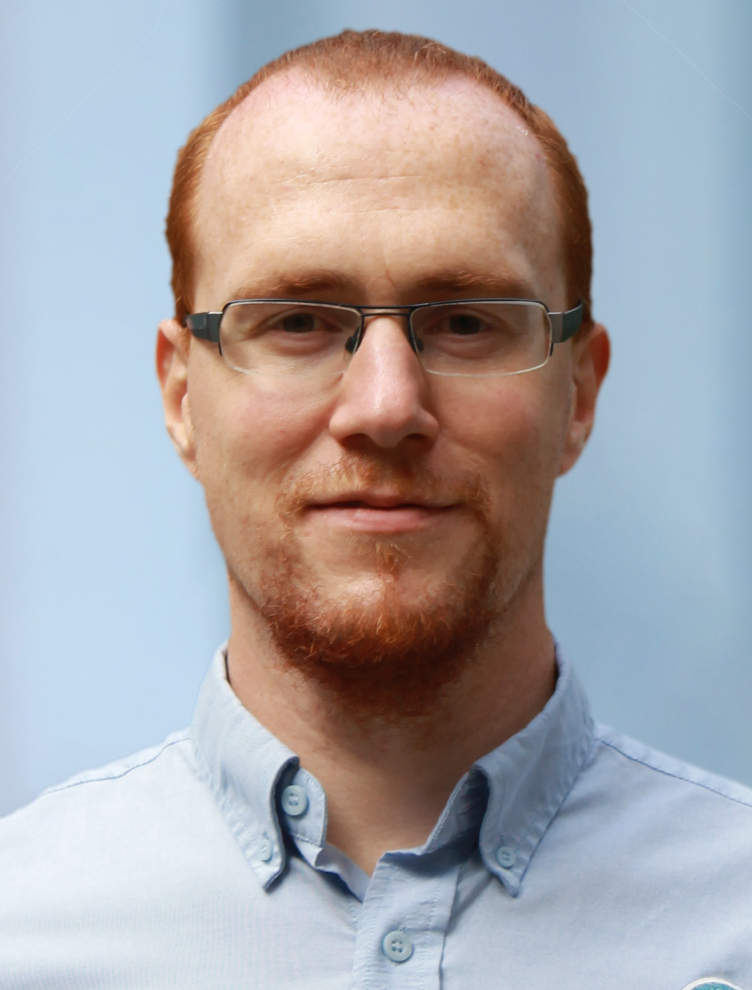Olga Sorkine-Hornung and Torsten Hoefler receive 2 ERC Consolidator Grants
Prof. Olga Sorkine-Hornung (D-INFK) and Prof. Torsten Hoefler (D-INFK) have been honoured with 2 ERC Consolidator Grants for the outstanding work in their respective research field. Whereas Torsten Hoefler focuses on high-performance computing systems, Olga Sorkine-Hornung does research in the area of computer graphics.
Looking fashionable thanks to computer graphics

One might think that fashion and computer science have nothing in common. Olga Sorkine-Hornung and her team at the Interactive Geometry Lab (Institute of Visual Computing) prove the opposite. One of their research missions is to find out how tailor-made, fashionable garments can be designed on a computer in a way that they precisely fit individual body measurements. Sorkine-Hornung's ERC project is aimed at the development of novel mathematical models for garments and next-gen computer-aided design tools for professionals in the textile and garment industry.
Olga Sorkine-?Hornung is a professor at the Department of Computer Science at ETH Zurich, where she leads the Interactive Geometry Lab at the Institute of Visual Computing. Her work focuses on the theoretical foundations and practical algorithms for digital content creation tasks, such as shape representation and editing, artistic modeling techniques, digital fabrication, computer animation and digital image manipulation. Further, she also investigates fundamental challenges in digital geometry processing, including reconstruction, filtering, parameterization, meshing and compression of geometric data. She has received multiple awards, including the ACM SIGGRAPH Significant New Researcher Award in 2011.
A novel viewpoint for more computing power

With the increase of data science and artificial intelligence, the demand for computing power has grown too. With his group from the Scalable Parallel Computing Laboratory, Torsten Hoefler investigates computer performance while building programming systems and specific applications for weather and climate research as well as for deep learning, a method of machine learning. The goal of Torstens's ERC project is to develop a productive and efficient programming model that allows for scaling computing power even further in the years to come. Their new model is based on an novel spatial viewpoint that takes the computational structure of applications into account.
Torsten Hoefler is a professor at the Department of Computer Science at ETH Zurich, where he heads the Scalable Parallel Computing Laboratory since 2012. Internationally, Torsten Hoefler is one of the leading scientists in the field of high-performance computing. His work focuses in particular on improving the performance of highly scalable parallel systems and developing numerous applications in the areas of weather, climate simulation and machine learning. Hoefler has won many awards, including the Latsis Prize from ETH Zurich, an ERC Starting Grant and, most recently, the BenchCouncil Rising Star Award.
About the ERC Consolidator Grant
The ERC Consolidator Grant is a mid-career research award. The prize is awarded to outstanding researchers with at least seven and up to twelve years of experience after their doctorate, and a scientific track record showing great promise. Research must be conducted in a public or private research organisation located in one of the EU Member States or Associated Countries. The prize money amounts to an average of 2 million per grant. external page More
The European Research Council, set up by the European Union in 2007, is the premiere European funding organisation for excellent frontier research. Every year, it selects and funds the very best creative researchers to run projects based in Europe. It offers four core grant schemes: Starting, Consolidator, Advanced and Synergy Grants.